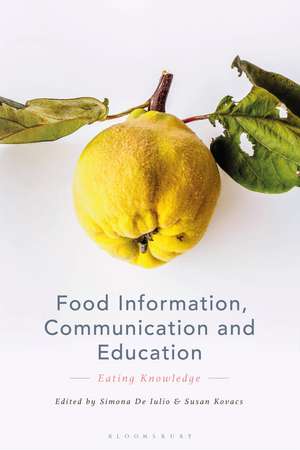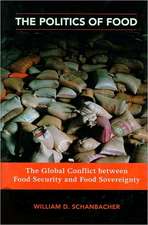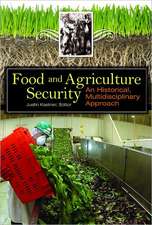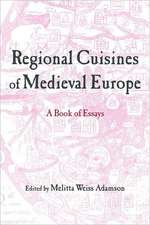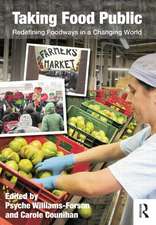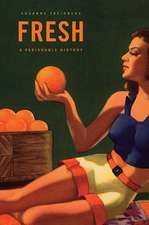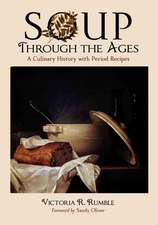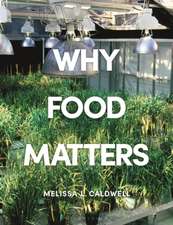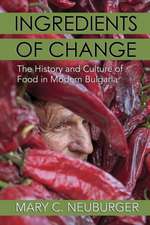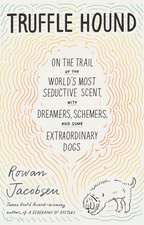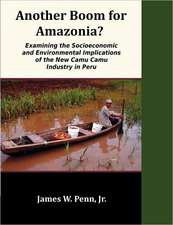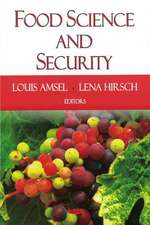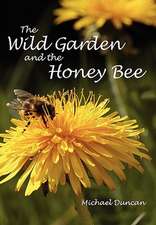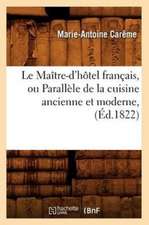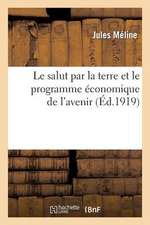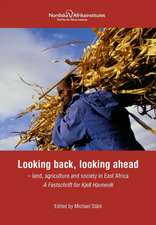Food Information, Communication and Education: Eating Knowledge
Editat de Simona De Iulio, Susan Kovacsen Limba Engleză Paperback – 29 noi 2023
| Toate formatele și edițiile | Preț | Express |
|---|---|---|
| Paperback (1) | 191.67 lei 6-8 săpt. | |
| Bloomsbury Publishing – 29 noi 2023 | 191.67 lei 6-8 săpt. | |
| Hardback (1) | 540.07 lei 6-8 săpt. | +110.15 lei 7-11 zile |
| Bloomsbury Publishing – 18 mai 2022 | 540.07 lei 6-8 săpt. | +110.15 lei 7-11 zile |
Preț: 191.67 lei
Preț vechi: 249.53 lei
-23% Nou
Puncte Express: 288
Preț estimativ în valută:
36.67€ • 38.30$ • 30.29£
36.67€ • 38.30$ • 30.29£
Carte tipărită la comandă
Livrare economică 15-29 aprilie
Preluare comenzi: 021 569.72.76
Specificații
ISBN-13: 9781350296138
ISBN-10: 1350296139
Pagini: 248
Ilustrații: 15 bw illus
Dimensiuni: 156 x 234 x 25 mm
Greutate: 0.35 kg
Editura: Bloomsbury Publishing
Colecția Bloomsbury Academic
Locul publicării:London, United Kingdom
ISBN-10: 1350296139
Pagini: 248
Ilustrații: 15 bw illus
Dimensiuni: 156 x 234 x 25 mm
Greutate: 0.35 kg
Editura: Bloomsbury Publishing
Colecția Bloomsbury Academic
Locul publicării:London, United Kingdom
Caracteristici
Offers a theoretical and historical framework for understanding current issues concerning the production, dissemination and appropriation of food knowledge
Notă biografică
Simona De Iulio is Professor of Information and Communication Sciences at the University of Lille, France.Susan Kovacs is Professor of Information and Communication Sciences at the Enssib Library and Information Science school, Villeurbanne, France.
Cuprins
List of FiguresContributorsAcknowledgmentsIntroduction, Simona De Iulio (University of Lille, France) and Susan Kovacs, (Enssib Library and Information Science School, Villeurbanne, France)Part I: Construction and Circulation of 'Eating Knowledge': Mediators and mediations1. Athena, Jesus Christ and the Traffic light. History and Anthropology of Olive Oil, Elisabetta Moro, (University of Naples, Italy)2. Strategies for disseminating dietetics: The health regimen as medical book genre in seventeenth-century France, Justine Le Floc'h, (Sorbonne University, France)3. Projecting savoir-faire in the French classroom: Nutrition filmstrips, 1930-70, Didier Nourrisson, (University of Lyon, France)4. Changing Public Health Recommendations for Older People: from Curbing Excess to Battling Undernutrition, Laura Guérin, (Max Weber Centre, France)5. Food in the Workplace, where Productivity Meets Well-Being: a Contemporary Question?, Thomas Heller and Elodie Sevin, (University of Lille, France)6. Knowledge, Information and Mediations in Tension: a Decade of Food Scandals and Controversies, François Allard-Huver, (University of Lorraine, France)Part II: Uses and Appropriations of 'Eating Knowledge' in Everyday Practices7. From Disciplining Bodies to Patient Education: Changing Diabetics' Eating Habits in the Nineteenth and Twentieth Centuries, Vincent Schlegel, (The School for Advanced Studies in the Social Sciences (EHESS), Paris, France)8. The Dietary Consultation Session as a Place for Mediating Food Knowledge, Viviane Clavier, (University of Grenoble-Alpes, France)9. Information Practices and Knowledge Appropriation Among Gluten-Sensitive Individuals, Virginie Wolff, (University of Strasbourg, France)10. Vitamins in Food Advertising and School Resources, 1950 to the Present: Between Prevention and Health-Capital Approaches, Simona De Iulio (University of Lille, France), Laurence Depezay (University of Lille, France), Susan Kovacs, (Enssib Library and Information Science School, Villeurbanne, France), Denise Orange Ravachol, (University of Lille, France), and Christian Orange, (Free University of Brussels (ULB) Belgium)11. The Circulation of Knowledge about Food in Schools, Marie Berthoud, (University of Lille, France)12. Developing a Reasoned Approach to Food Education Through Science Teaching, Denise Orange Ravachol, (University of Lille, France) and Christian Orange, (Free University of Brussels (ULB) Belgium)13. When 'Healthy' Eating becomes a Political Issue: Parents' Association School Canteens in Andalusia, Spain, Philippe Cardon, (University of Lille, France) and María Dolores Martín-Lagos López, (University of Granada, Grenada)BibliographyIndex
Recenzii
This book investigates how knowledge about food is developed, disseminated and digested in diverse Western European contexts. Chapters critically examine beliefs about child and elderly nutrition, diabetes, gluten-sensitivity, vitamins and other dietary issues where medical experts, media brokers, scientists and educators promote concepts not only of good eating, but also of health and compliant citizenship. The book provides provocative insights into how food knowledge undergirds political policies, educational practices and nutrition advice.
Scholars and activists have long emphasized the importance of "knowing where food comes from" while paying too little attention to the question of where knowledge about food comes from. Stepping into the gap is this ambitious collection of internationally diverse, interdisciplinary essays exploring what people know about eating, what they do with that knowledge and the broader politics of knowledge, authority and legitimacy that shape both.
Scholars and activists have long emphasized the importance of "knowing where food comes from" while paying too little attention to the question of where knowledge about food comes from. Stepping into the gap is this ambitious collection of internationally diverse, interdisciplinary essays exploring what people know about eating, what they do with that knowledge and the broader politics of knowledge, authority and legitimacy that shape both.
